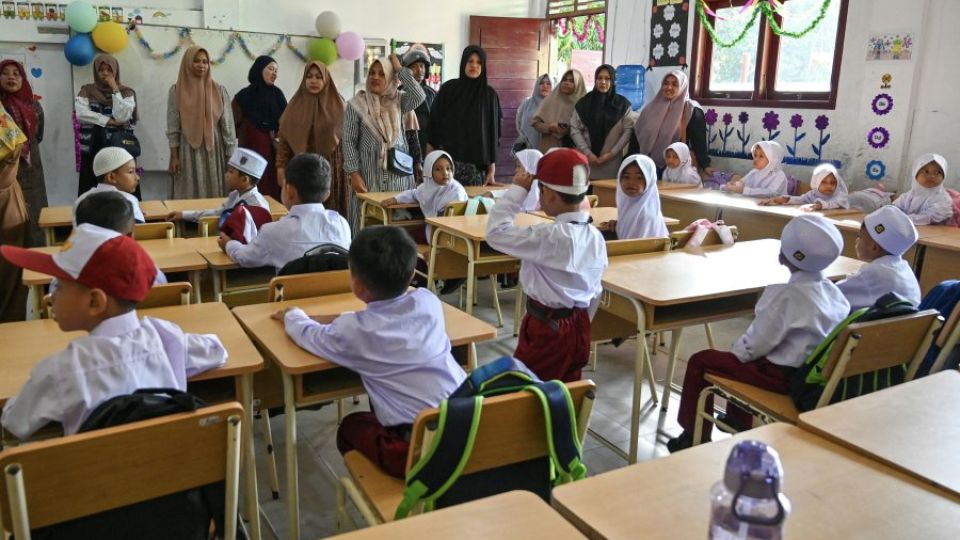January 3, 2025
JAKARTA – The Elementary and Secondary Education Ministry has established 27 new task forces dedicated to preventing and addressing incidents of violence in educational institutions, Secretary General Suharti said.
“We are closely overseeing the establishment of teams focused on preventing and managing violence within educational settings,” Suharti said in a 2024 year-end press briefing at the ministry on Tuesday, as quoted by tempo.co.
As of Dec. 27, there were approximately 406,000 task force members across various educational institutions.
“This increase does not indicate a worsening situation, but rather reflects a growing willingness among school communities, including students and parents, to report incidents,” Suharti noted.
The ministry collaborates with regional education agencies, other agencies at the regional level and police to address violence effectively. They also work alongside the School Security Patrol (PKS) in partnership with various institutions.
There were also task forces being established in 448 cities and regencies, with Suharti saying regional task forces undertook massive dissemination sessions on violence prevention and handling.
Previously, the Indonesian Education Monitoring Network (JPPI) revealed a staggering 100 percent increase in reported school violence over the past year. In 2023, there were 285 cases, which surged to 573 cases throughout 2024.
The trend showed no signs of decline according to JPPI national coordinator Ubaid Matraji during a press conference at Bakoel Koffie in Cikini, Central Jakarta, on Dec. 27.
Ubaid attributed the rise in reported violence among students to insufficient supervision by educators. He pointed out that the increasing student-to-teacher ratio creates gaps in oversight, showing that there are simply too many students for effective monitoring.
To combat this issue, Ubaid urged educators to enhance their supervision and educate students about violence prevention. He stressed that all stakeholders within educational institutions, including school principals, teachers, students and parents, must work together to address the high incidence of violence in schools because whatever happens at school is a shared responsibility.
Ubaid also expressed concern over ongoing violence in pesantren (Islamic boarding schools), despite teachers being present nearly around the clock.
“It’s disappointing that even in boarding schools where supervision is constant, incidents still occur; these account for about 15 percent of cases,” he added.
Pesantren and madrasah (formal Islamic schools) are not under the purview of the schools ministry, but the Religious Affairs Ministry.


